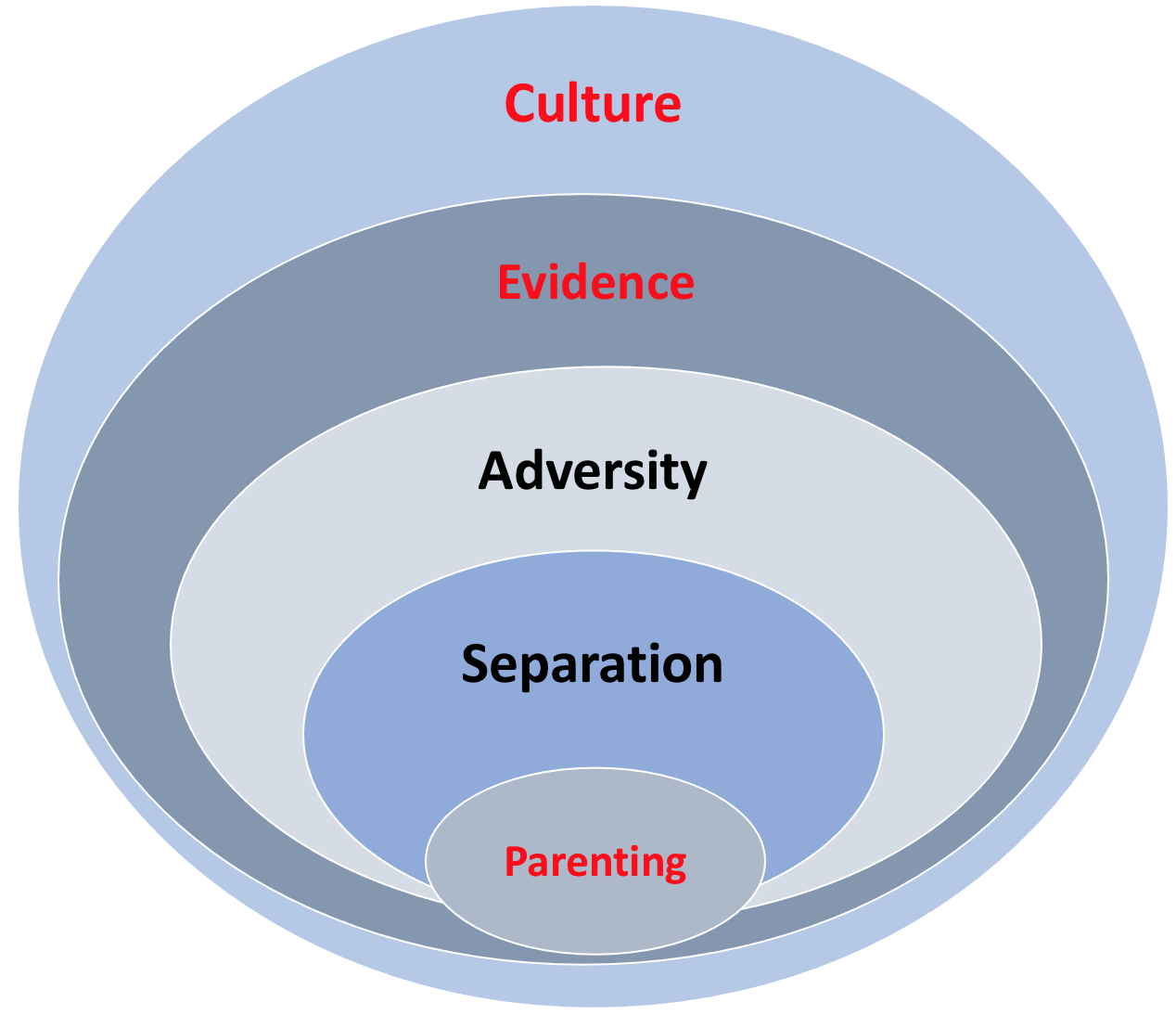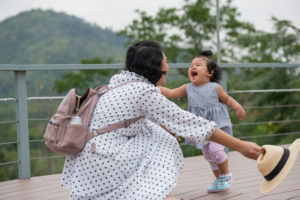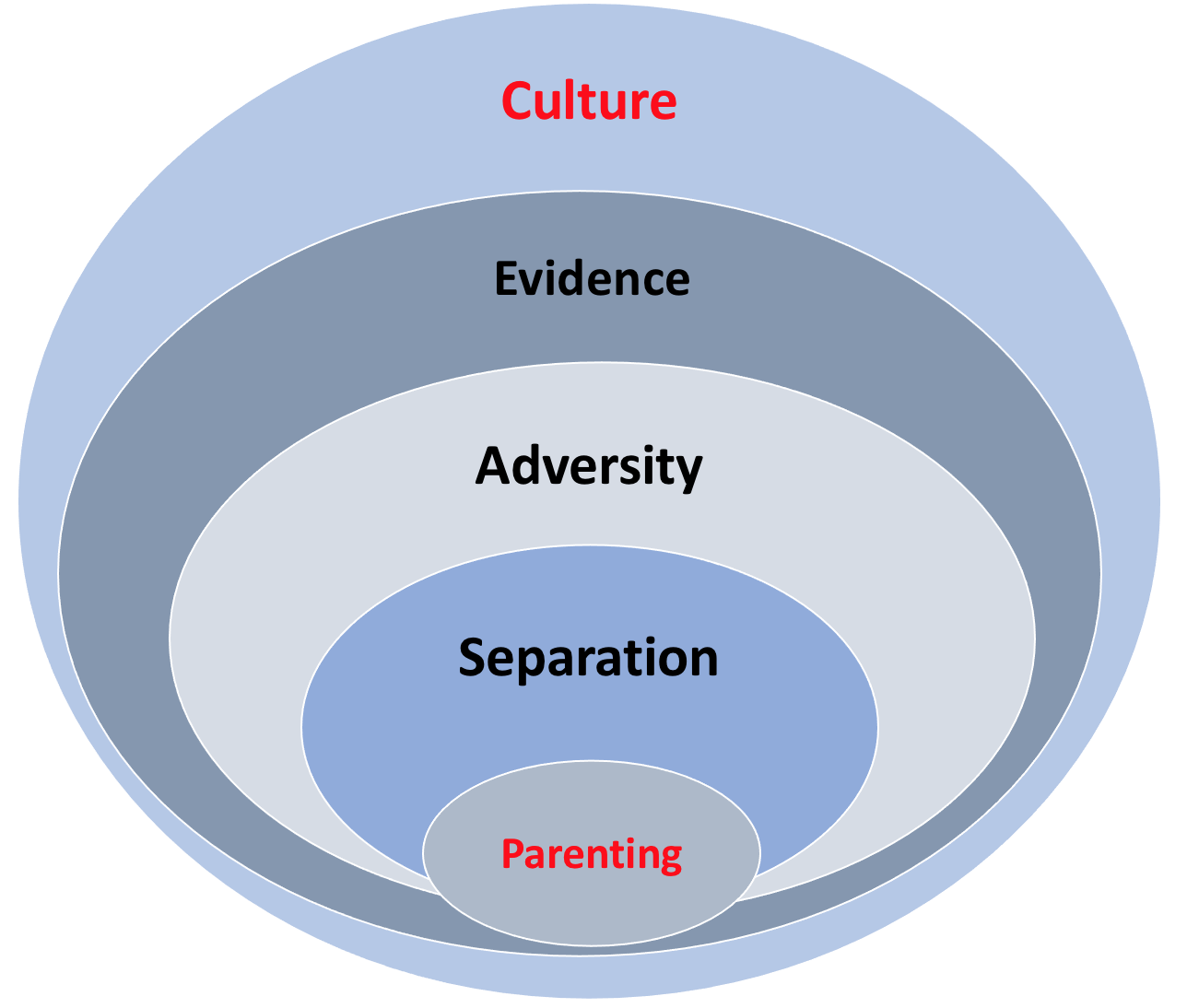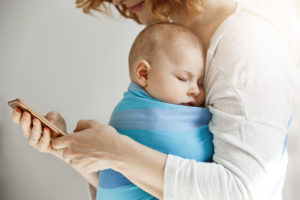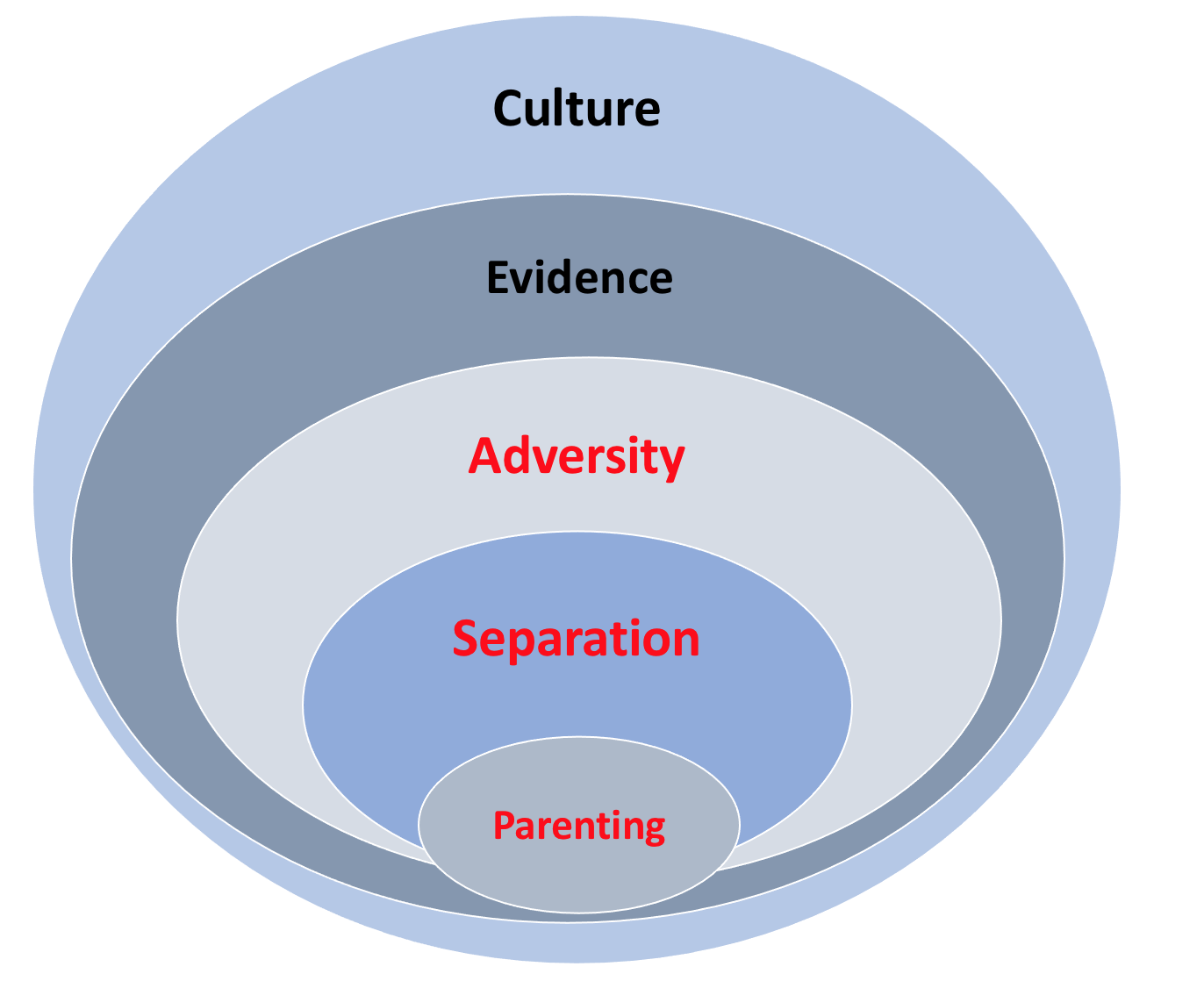The research initiatives in our lab are based on looking beyond psychopathology at the individual level to vulnerabilities that are embedded in systemic challenges.
We thus focus on contexts that shape children’s development, and the contexts that should be considered when designing assessments and interventions for children, youth and families.
We study...
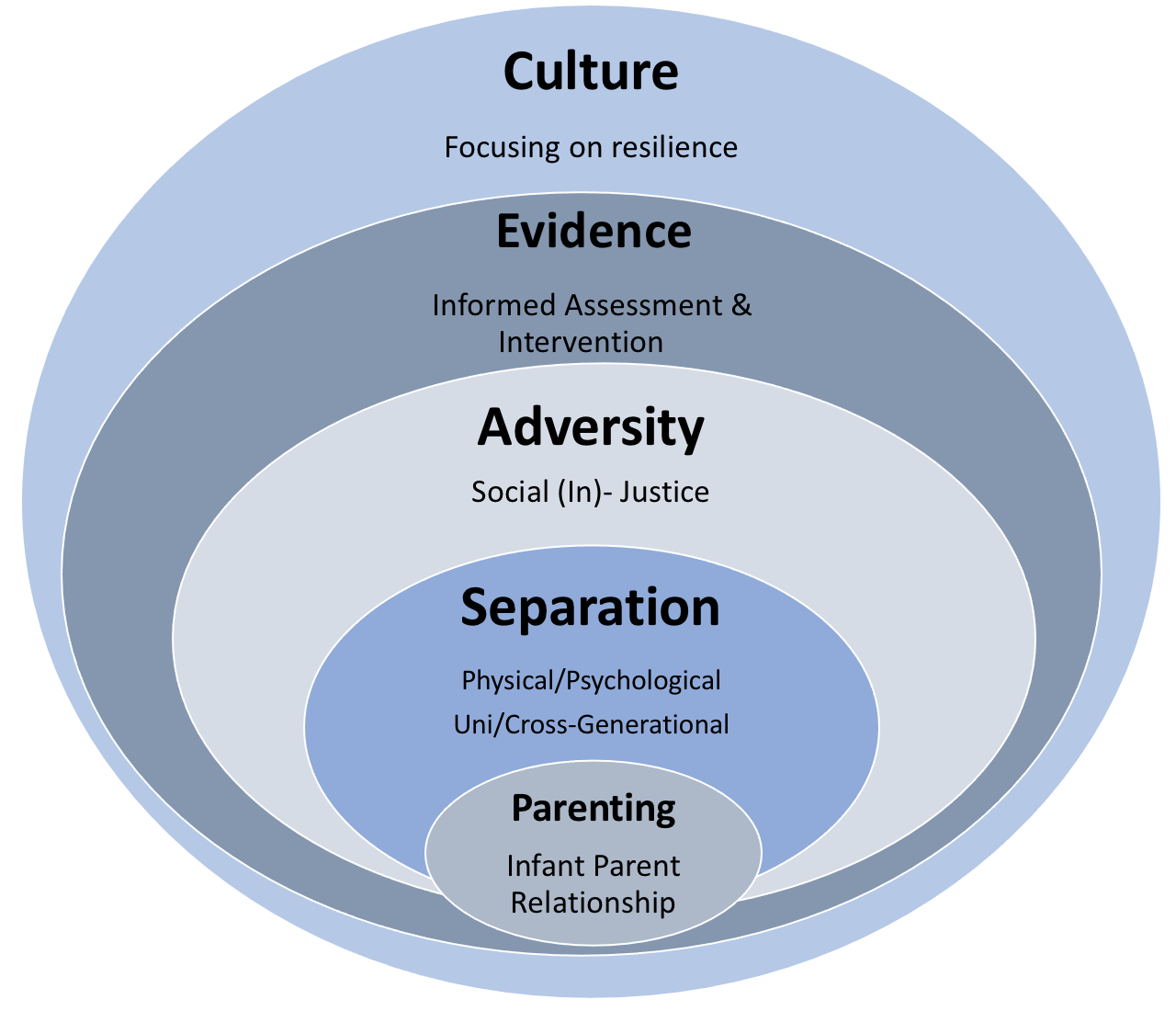
Our most recent projects:
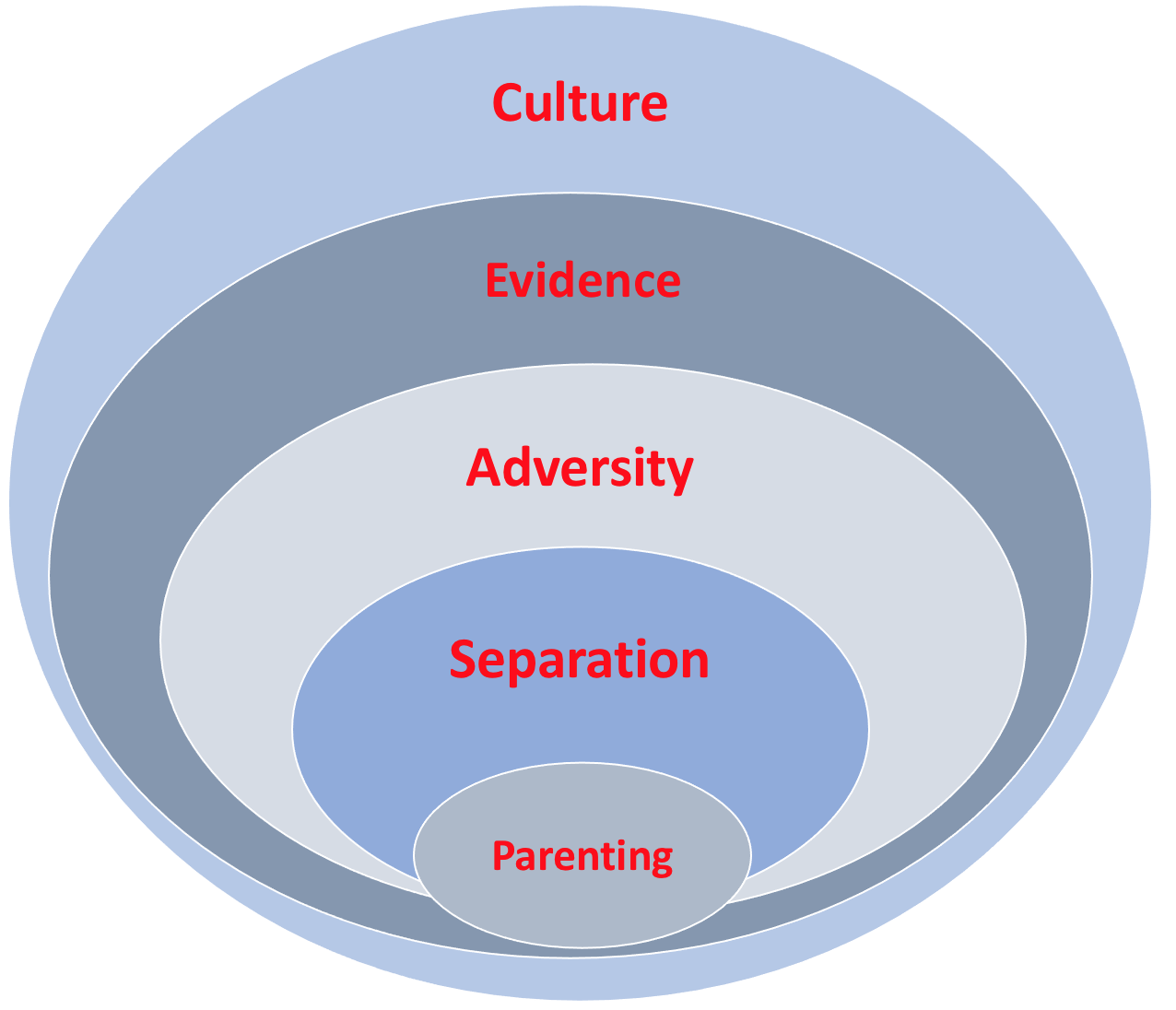
Contexts of Injustice and Adversity: Effects on Youth and Families
YOUTH DEVELOP A VIRTUAL QAGGIQ
The 'Virtual Qaggiq' project is a 4-year CIHR funded Nunavut-based research initiative, in collaboration with Inuit youth and community members from 7 Nunavut communities, to develop an e-mental health intervention in the form of a mobile video game.
funded Nunavut-based research initiative, in collaboration with Inuit youth and community members from 7 Nunavut communities, to develop an e-mental health intervention in the form of a mobile video game.
The Virtual Qaggiq project aims to support Nunavummiut youth by introducing them to mental wellness skills in a gaming format. Skills will be focused on challenges such as low mood, suicidal ideation, interpersonal problems, boredom, and substance misuse by combining evidence-informed e-interventions and empowered cultural practices known to support resilience in Inuit youth.
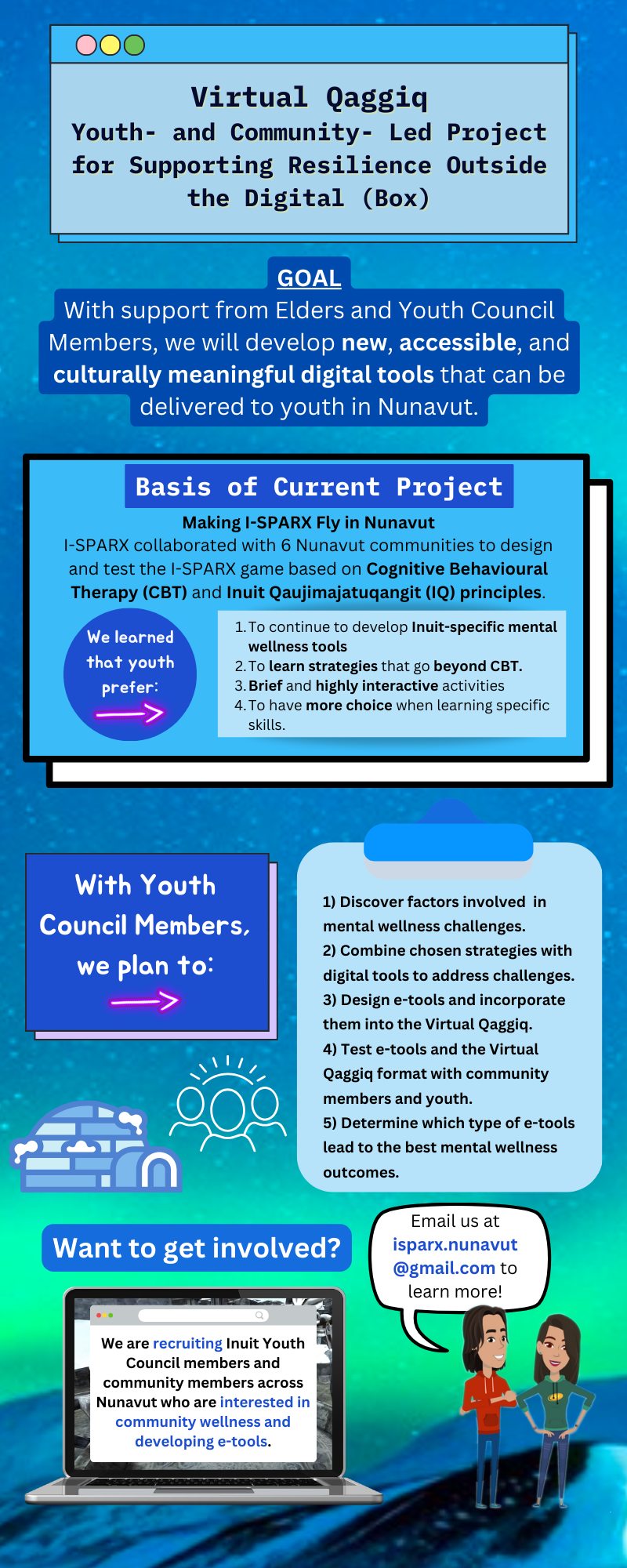
Information about the Virtual Qaggiq project

Contexts of Injustice and Adversity: Effects on Youth and Families
SPARX TO I-SPARX: A YOUTH-DIRECTED INITIATIVE
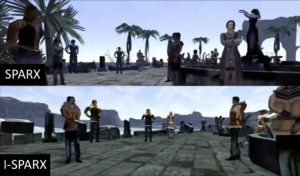 I-SPARX is an e-mental health intervention based on a video game called SPARX, designed by mental health experts and Maori youth indigenous to New Zealand. With help from Inuit youth and community members from across Nunavut, a team from York University partnered with Pinnguaq and Embrace Life, has adapted SPARX specifically for Inuit youth and re-named it I(nuit)-SPARX!
I-SPARX is an e-mental health intervention based on a video game called SPARX, designed by mental health experts and Maori youth indigenous to New Zealand. With help from Inuit youth and community members from across Nunavut, a team from York University partnered with Pinnguaq and Embrace Life, has adapted SPARX specifically for Inuit youth and re-named it I(nuit)-SPARX!
 By combining an evidence-informed e-intervention for preventing depression and suicide with empowered cultural practices known to support resilience, I-SPARX aims to:
By combining an evidence-informed e-intervention for preventing depression and suicide with empowered cultural practices known to support resilience, I-SPARX aims to:
- Improve mental health outcomes for Inuit youth and their communities
- Advance knowledge related to population-based mental health interventions for Inuit Youth
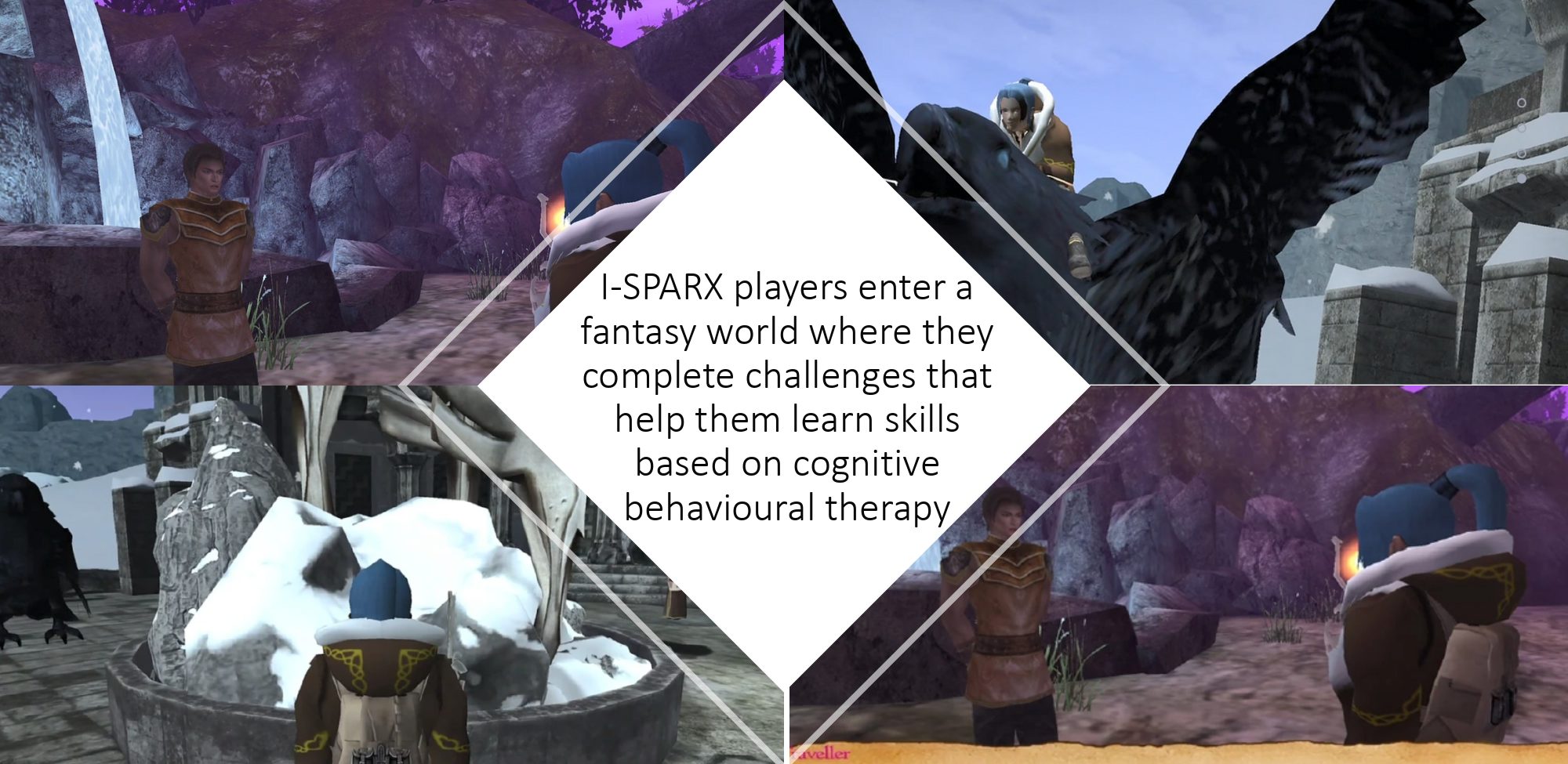

Information about I-SPARX
A shift toward more inclusive parenting sensitivity research
In light of the inconsistency in findings relating maternal sensitivity and child developmental outcomes, our lab has undertaken several studies investigating maternal sensitivity assessments:
- By comparing different measures of maternal sensitivity
- By comparing measures of maternal sensitivity across homogeneous and heterogenous cultural groups
- By analyzing parenting in cross-cultural contexts
- By examining children's perspectives
For more information about our projects on maternal sensitivity, visit our publications page:
Digital Culture and Parenting
We have examined the effects of cellphone use on caregiver-child interaction and caregiver sensitivity by investigating:
- The effects of parental mobile device use on infants
- The effects of young adults’ attachment style on their attention to mobile devices during infant care
- Maternal Attitudes Toward Technology
For more information about our projects on digital culture and parenting, visit our publications page: https://bohr.lab.yorku.ca/publications/
Parent Infant Physical Separation: Contexts of Adversity
The Satellite Babies Project
We studied transnational attachment and parenting practices in the context of parent-infant and parent-child separation during or after migration, through interviews with immigrants whose infants are reared by relatives. For more details click here: Research Summary
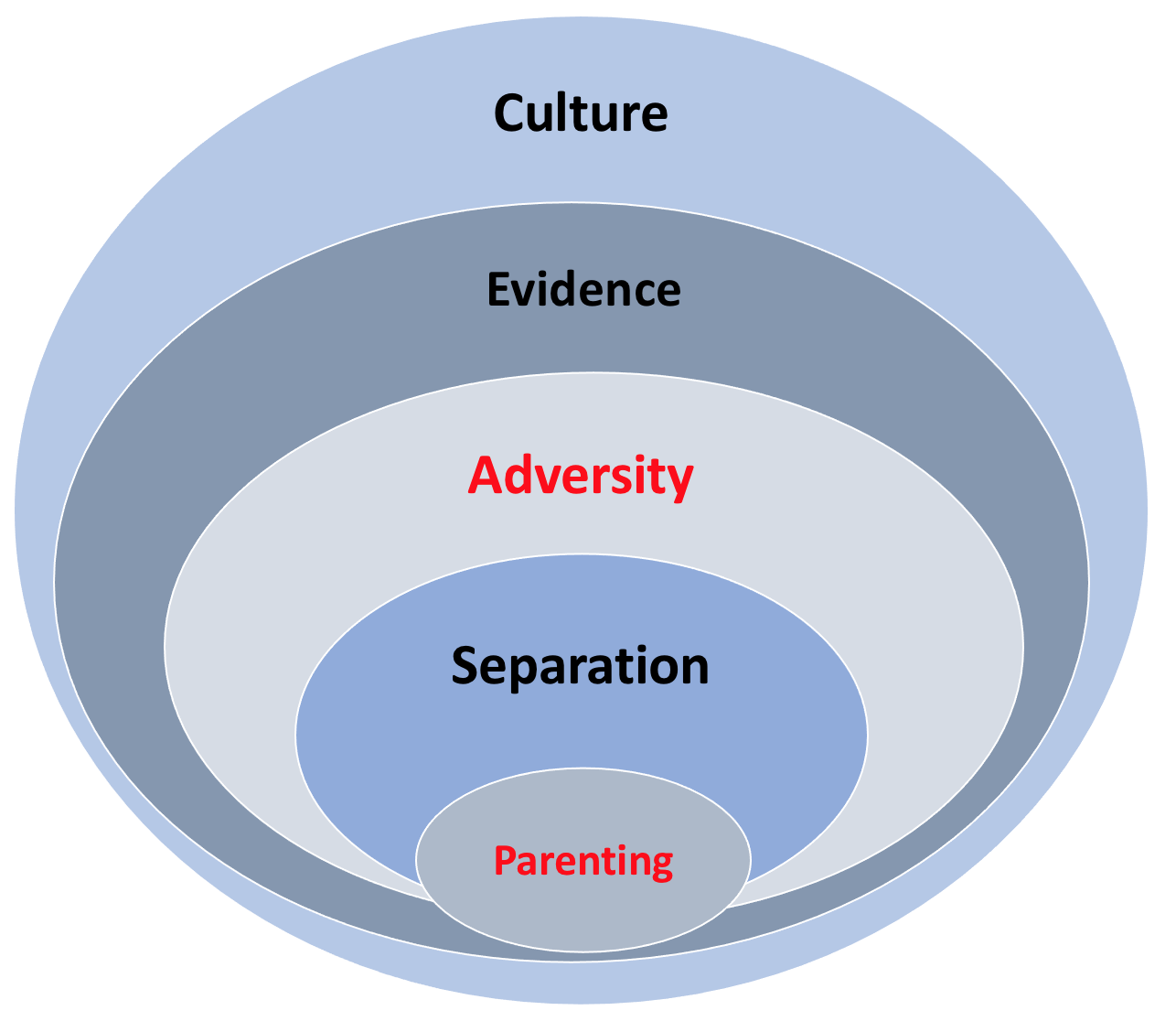
Culture and Parenting: Contexts of Injustice and Adversity
The Crying Clinic was a pilot initiative designed to increase accessibility to traditional infant and family mental health services for a community of immigrant parents deemed at high risk of postpartum depression.

Past projects
The MAP project
We studied the effects of a family play intervention on parental cognitions (attributions), attachment behaviours, and the risk for maltreatment. This project took place in the Toronto area (in the child and family treatment centre) before moving to Sault Ste Marie, Ontario.
The Coping Cat Project
We studied parental involvement in Cognitive Behavioural treatment groups for children with anxiety. This project took place in two schools and one treatment centre in two high risk areas of Toronto that have been affected by community violence.
For detailed information about our present or past projects, please visit our publications page
Our projects in the news
- CBC As it Happens - December 2, 2020
- CBC Radio 1 - December 2, 2020
- Nunatsiaq News - November 26, 2020
- CBC - May 3, 2019
- The Globe and Mail - April 23, 2019
- Nunatsiaq News - June 15, 2018
- China Daily - August 26, 2016
- CBS News - New York, July 23, 2016
- The Atlantic - July 20, 2016 (watch the video)
- CBC Ontario Morning - January 27, 2012 (listen to the podcast)
- CBC Metro Morning - January 27, 2012
- The Attachment Blog - December 2011
- Toronto Public Health - September 2011
- TVO Your Voice - January 10, 2010
- New York Times - July 24, 2009 (link to NYT web)
- The International Herald Tribune - Jul 24, 2009
- Toronto Star - May 11, 2009
- York Alumni News - August 2009
- CBC Radio Canada - July 31, 2007
- CBC Metro Morning - March 19, 2007

